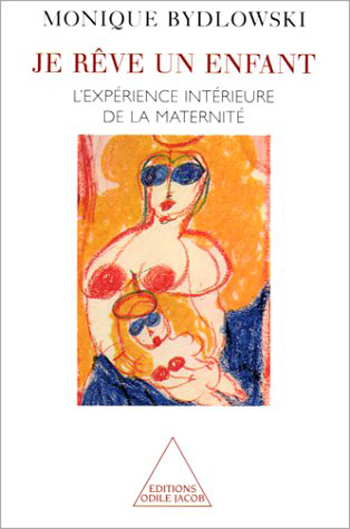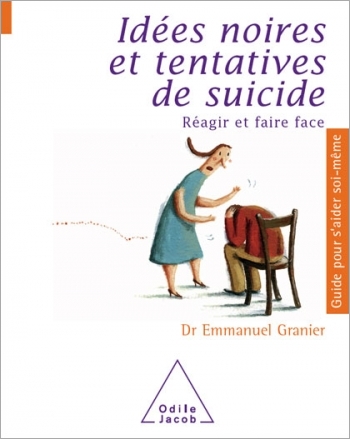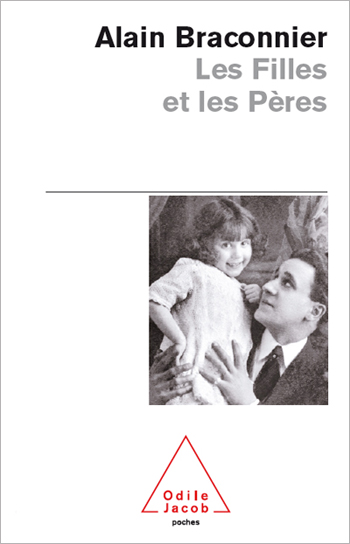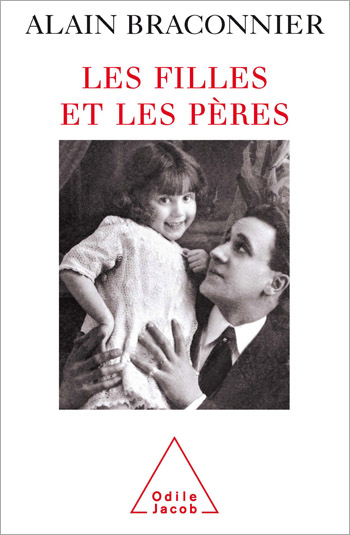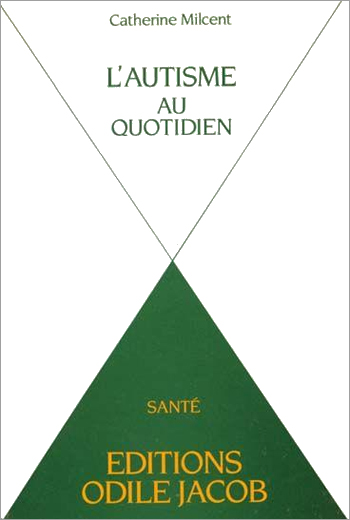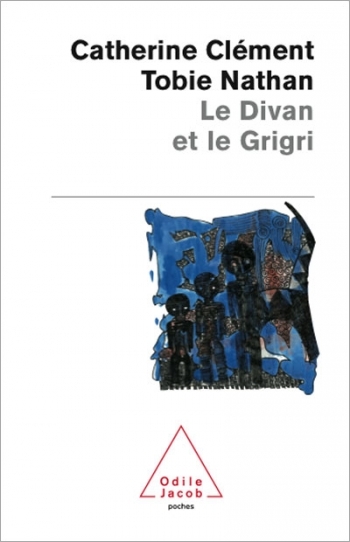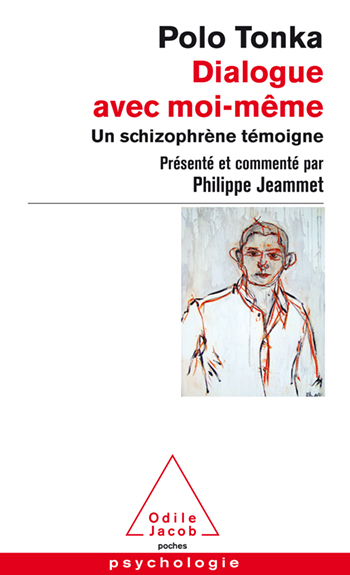Psychiatry All books
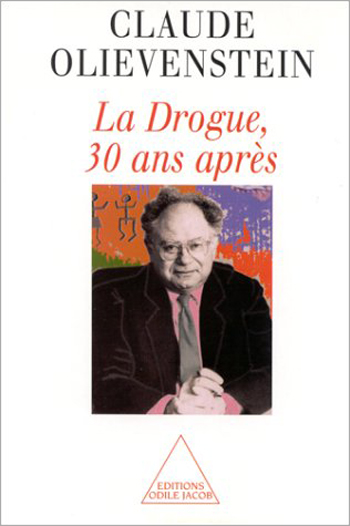
Claude Olievenstein
Drugs, Thirty Years Onwards
Thirty years after the publication of Il n'y a pas de Drogués Heureux, Claude Olievenstein recounts his exceptional career and summarises his current views on a number of social issues that have been his prime concern for many years: drugs, teenagers and the problems of the underprivileged living in housing projects. This is a frank survey of society in state of crisis. Claude Olievenstein is the head doctor at the Centre Médical Marmottan, in Paris, and a world-renowned specialist in the treatment of substance addiction.
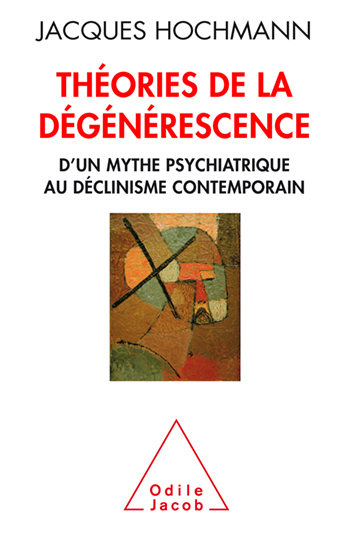
Jacques Hochmann
Degeneration Theories Psychiatry and History
The unbelievable story of a mad psychiatric theory centered on the idea of heredity which was put to the most horrible of uses, while having a lasting effect on mentalities.
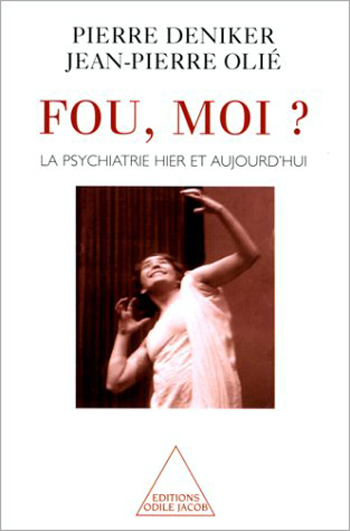
Pierre Deniker, Jean-Pierre Olié
Crazy, Me ? Psychiatry Today and Yesterday
An increasing number of mental patients are being treated outside the stereotypical confines of mental institutions. This trend is often financially motivated, since the cost of institutional care is high. But the psychological advantage to the patients is often contested. Should its demise be encouraged? Need mental institutions necessarily be places of repression and exclusion? What is the position of mental illness in our society--given contemporary therapeutic progress and advances in medication? Jean-Pierre Olié and Pierre Deniker are psychiatrists.
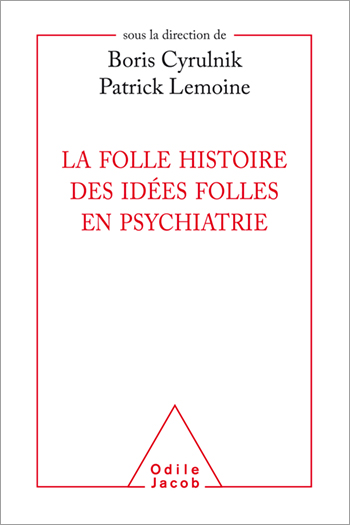
Boris Cyrulnik, Patrick Lemoine
The Crazy History of Crazy Ideas in Psychiatry
A lively and illuminating perspective on the history of a discipline that is still young. Unusual reflections on the future of treatment for psychiatric illness, based on past mistakes. Suggestions for helping the near future to become the Golden Age of psychiatry.
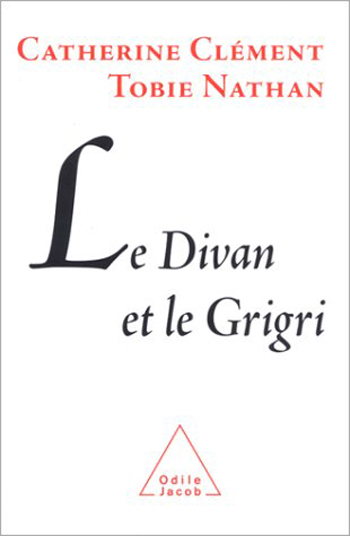
Catherine Clément, Tobie Nathan
The Couch and the Grigri
This work is a fascinating discussion between a practising analyst who has not ceased to confront his discipline with other disciplines of the mind, and a philosopher with great psychoanalytic experience. It aims to show how cultural heritage a debt linking each generation to its ancestors shapes both how we represent reality and our emotional universe. The authors thoughts and conclusions are thoroughly backed up with a variety of specific examples and observations. Tobie Nathan is an ethno-psychologist and teaches clinical and pathological psychology at the University of Paris VIII. Catherine Clément is a writer and philosopher.
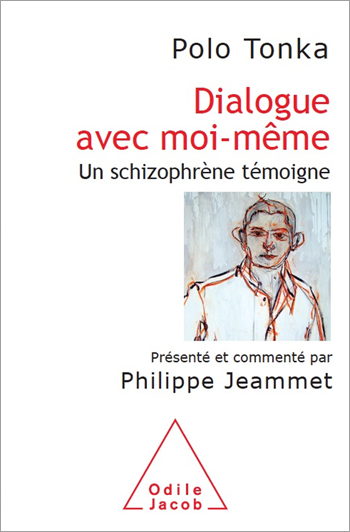
Polo Tonka
Conversation with Myself
How does one live with schizophrenia? This exceptional document gives an inside view of the disorder.
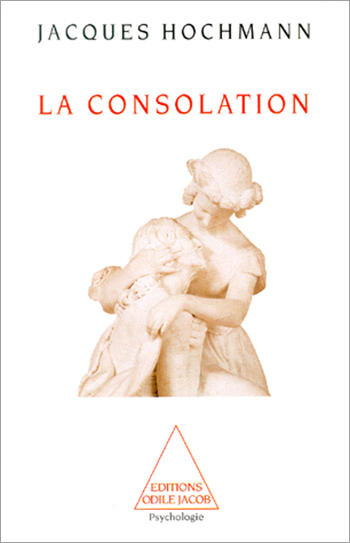
Jacques Hochmann
Consolation An Essay on Mental Care
This is the testimony of a psychiatrist who reconsiders some of the fundamental texts of his practice, of a psychoanalyst who reflects upon the role and the limits of hospitals and institutions, of a doctor who never ceased asking himself what curing madness meant.

Nathalie Zajde
The Children of the Survivors (New Edition) The Transmission of Trauma to Jewish Children
"I have terrible nightmares and I would like to know if other children of survivors have the same dreams as me. I think it is crazy to have never lived through the war, yet have these extremely precise dreams." In Jewish families, why do the children of those who escaped Nazi extermination often have the same dreams as their parents, even though their parents have never spoke about the traumas which they lived through ? Reinforced by cleverly recounted stories, this book describes precisely what is called the survivors syndrome, an illness which manifests itself through nightmares, feelings of intense terror and desertion, a particular and incurable annoyance, recurring memories, and unfounded fears. It demonstrates that, thanks to the techniques of ethno- psychiatry, it is possible for these children of survivors to take back their place among the living. Clinical psychologist, and master of conference at the University Paris VIII, Nathalie Zajde is also a researcher at the Georges Devereux Centre.

